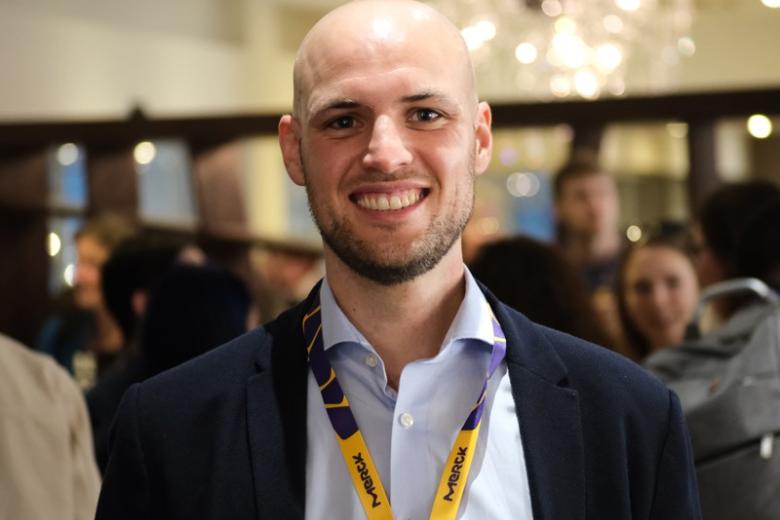Functioning of Public Prosecution Service under threat
The budget cuts facing the Public Prosecution Service until 2018 are threatening the organisation's ability to function. This is the warning Joep Simmelink will issue during his inaugural lecture on 30 October in acceptance of his position as extraordinary professor of Public Prosecution at Maastricht University. 'Due to budget cuts, the organisation is focusing its energy on achieving quantitative targets at the expense of work quality,' says Simmelink, who is also an advocate general at the Arnhem-Leeuwarden prosecution service. 'Due to a lack of money, the process improvements that should have allowed for cutbacks of up to a quarter of the budget through 2018 are no longer feasible.'
The work and functioning of the Public Prosecution Service (OM) has been under fire for years now. The OM has been criticised for its 'lack of constitutional vigilance' and for being 'led by the Minister of Security and Justice.' Joep Simmelink believes this critique is caused by the increased politicisation of criminal law on one hand, and the reorganisation of and cutbacks within the Public Prosecution Department on the other. 'This creates serious tension between the scope of the work and the available capacity. There's more of a focus on 'getting rid of' a specific number of cases in a given period at the expense of work quality.'
Bad idea
The government has justified these cutbacks by claiming that the digitisation of the criminal justice system, among other initiatives, will reduce costs. According to Simmelink, this operation is far from complete and is also facing pressure due to a lack of funds. Researchers have suggested that if it cannot guarantee the constitutional quality of its work, the OM should change the pivotal role it plays within the criminal justice system. This is a bad idea, says Simmelink, as it would require a complete restructuring of the criminal process. 'In that case, the OM would no longer be able to guarantee the rule of law. This would have to be assigned to a different institution, which would not only shift responsibility of the problem elsewhere, but would also require a very different criminal justice system. No one wants a fundamental change like that.' Instead, Simmelink wants to ensure that the OM's core values are not neglected in order to prevent a loss of legitimacy and authority.
Partial solutions
Simmelink believes the OM should reduce its workload by assigning secondary tasks to other organisations. Another potential solution is to facilitate an easier exchange of information between the different authorities (Dutch Tax and Customs Administration, public housing associations, etc.) and to promote law enforcement. Current forms of cross-border law enforcement are inadequate, according to the professor, who believes that state sovereignty should be handled differently to prevent criminal offenders from crossing the border and making their capture even more difficult.
Also read
-
GROW research: all-in-one test for genetic defects in embryos🧪
Researchers at Maastricht UMC+ and GROW have developed a technique that can analyse the entire genome in a single test, allowing for faster determination of embryos suitable for successful pregnancy.

-
A breakthrough in cultured meat research-animal component free production
A breakthrough in cultured meat research-animal component free production

-
Cross-border inter-organisational cooperation in crime control
The Netherlands Organisation for Scientific Research (NWO) has awarded a grant under the SGW open competition to a research proposal written by Prof Dr Math Noortmann (Institute for Transnational and Euregional cross border cooperation and Mobility / ITEM) and Prof Dr J.B.M. Koning (UM School of...
